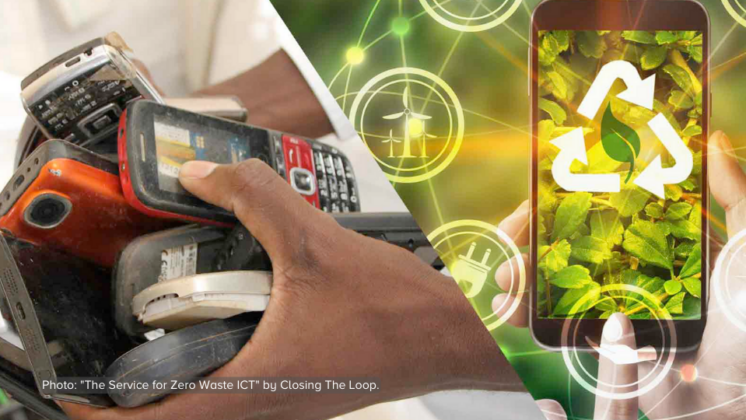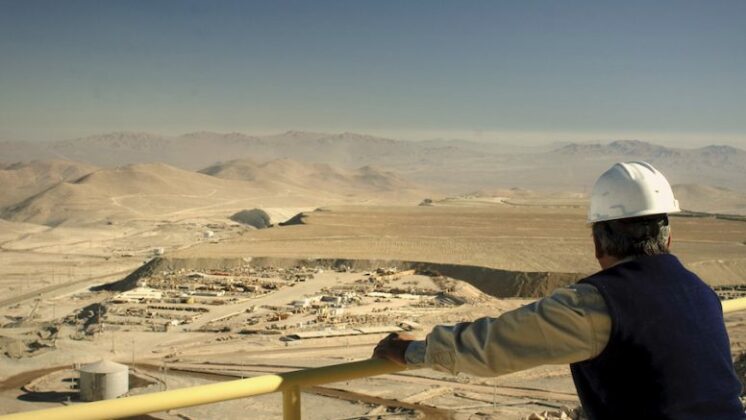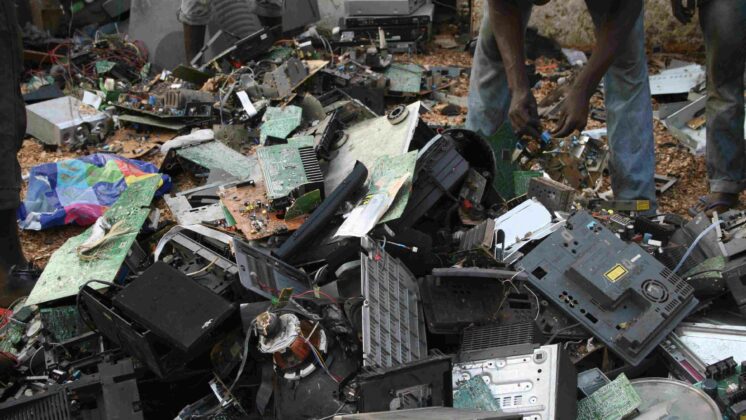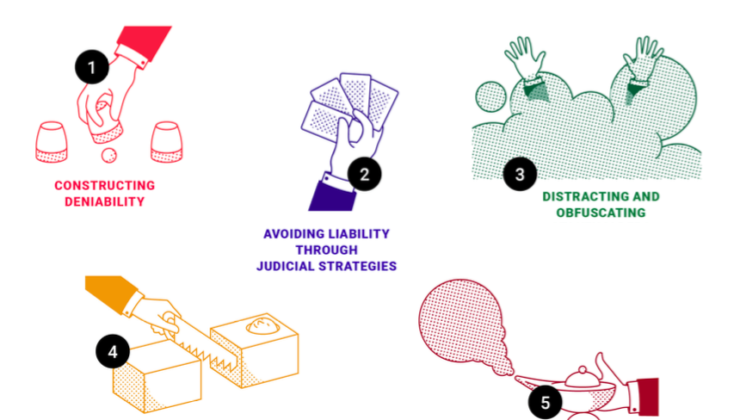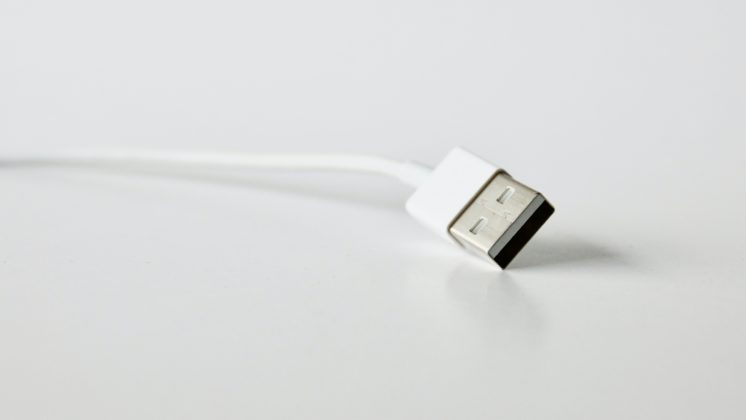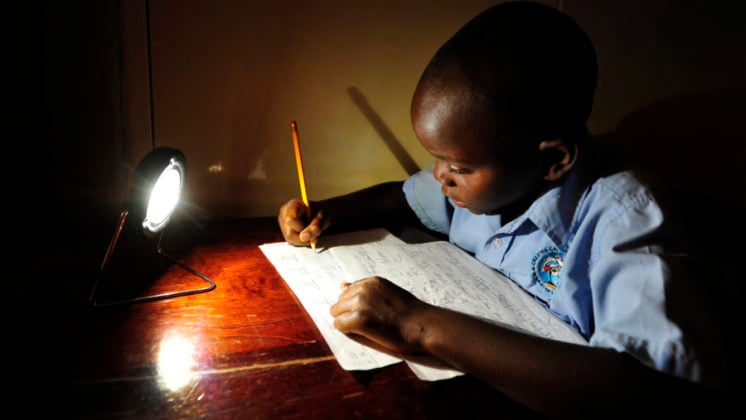The European Commission is referring Poland and Slovenia to the EUCourt of Justice over their failure to enact EU legislation on the recycling of waste electrical and electronic equipment. The EU rules, which should have been enacted into national law by 14 February 2014, are intended to prevent or reduce negative environmental impacts from this fast increasing waste stream. The rules are a “recast” of the previous WEEE Directive, and they incorporate a number of new or substantially modified provisions. None of the Member States in question have enacted any of these new or substantially modified provisions.
For Poland, the Commission is asking the Court to impose penalty payments of EUR 71 610 per day until the law is enacted.
For Slovenia, the Commission is asking the Court to impose penalty payments of EUR 8 408.4 per day until the law is enacted.
The recast Directive modernises previous legislation, making it fit for purpose and more forward-looking, in line with the objectives of the circular economy. It introduces an ambitious new collection target of 45 % of electronic equipment sold that will have to be met in 2016 and, as a second step in 2019, a target of 65 % of equipment sold or 85 % of WEEE generated. The new rules make registration and reporting requirements easier for Member States, with better tools to fight the illegal export of waste more effectively. They also introduce a clear link to EU legislation on product design, including the Eco-design Directive, encouraging manufacturers to improve the design of electrical and electronic equipment, making it easier to recycle.
If a Member State fails to enact EU legislation it has agreed to in Council into national law within the required deadline, the Commission may ask the Court for financial sanctions to be imposed at the first referral to Court, without having to return to the Court for a second ruling. The penalties take into account the seriousness and duration of the infringement. They consist of daily penalty payments to be paid from the date of the judgment – assuming the Member State is still not compliant – until the process of enactment is completed.
Background
Waste electrical and electronic equipment (WEEE) such as computers, TV sets, fridges, and cell phones is one the fastest growing waste streams in the EU, with some 9 million tonnes generated in 2005, and expected to grow to more than 12 million tonnes by 2020.
WEEE is a complex mixture of materials and components that can cause major environmental and health problems if not properly managed. Producing modern electronics requires the use of scarce and expensive resources (e.g. around 10 % of total gold worldwide is used for their production), so recycling them has obvious advantages. To address these problems two pieces of legislation have been put in place: the WEEE Directive and the Directive on the restriction of the use of certain hazardous substances in electrical and electronic equipment (RoHS Directive).
For more information:
On the April infringement package decisions, see MEMO/15/4871
On the general infringement procedure, see MEMO/12/12
For more information on infringement procedures:
http://ec.europa.eu/eu_law/infringements/infringements_en.htm


